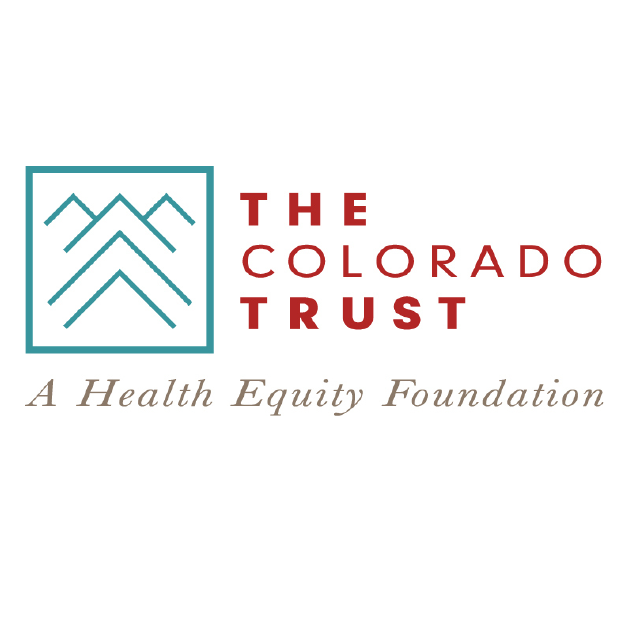Good health depends on more than medical care. Good health is affected by where we live, the education we receive, the work we do, the wages we earn, and the stress we experience. These conditions — also known as the social determinants of health — are the underlying causes of the health disparities and adverse health outcomes that some people, especially people of color and low-income people, experience. The Colorado Trust’s Community Partnerships for Health Equity (CPHE) strategy provides opportunities for people who have historically been excluded, and who are directly affected by injustice, to address the social determinants of health that affect them by building and also shifting power so that their priorities are heard and the solutions are co-created with them. Community Science is evaluating the CPHE strategy, working alongside The Colorado Trust’s staff and other partners who are supporting its implementation. We use a developmental evaluation approach. By attending foundation meetings and grantee retreats; interviewing resident leaders in the communities participating in CPHE as well as the foundation’s leadership and staff; and reviewing documents and other archival information generated by the participating communities and the foundation staff; we conduct analyses and generate insights to continually improve the CPHE’s implementation. Insights include changes the foundation needs to make to be able to support power building and shifting in communities; technical assistance, training, and coaching are required for the foundation’s field staff as well as the resident leaders who are engaged in the change process; and community and other external conditions that facilitate or hinder the building and shifting of power. Our analysis and evaluation findings contribute to the foundation and other stakeholders’ thinking about what power means, how power shifts, and what actions are required to shift power and sustain the outcomes. 00557

